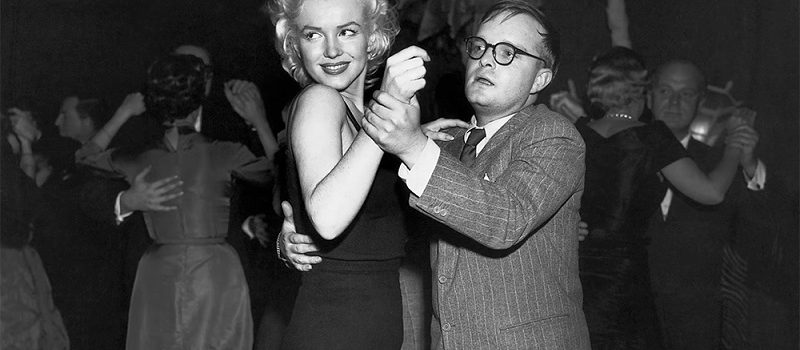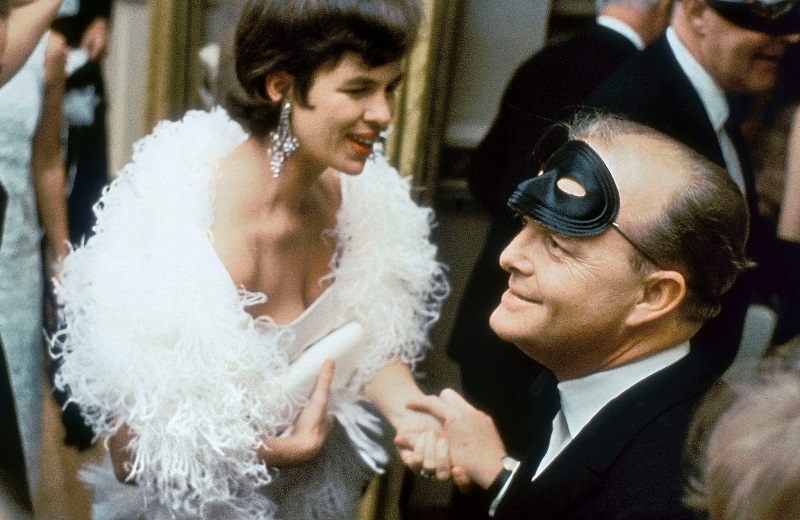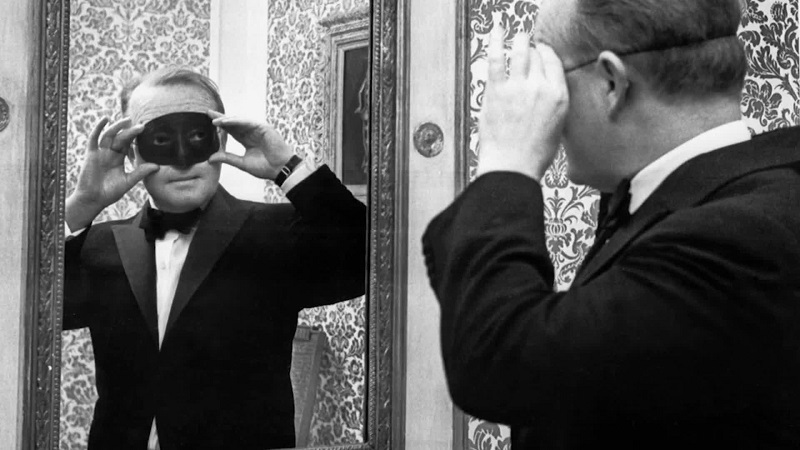Truman Capote was one of America’s most iconic writers. He lived in a time when novelist were the center of high society and culture; therefore, was given an all-access pass to the intimate lifestyle of the rich and famous. Capote also gave us literary classics such as “Breakfast at Tiffany’s” and “In Cold Blood,” which were later adapted into timeless films. But it was his last unfinished novel, “Answered Prayers” that some say ended his entire career and served as a catalyst to his ultimate demise.
The Capote Tapes consists of never-before-heard interviews with Capote’s closest friends (and enemies) such as Dick Cavett, Andre Leon Talley, Jay McInerney, Dotson Radar, and Kate Harrington. The audio clips, which were originally compiled by Paris Review editor, George Plimpton, serve as a portal into the very essence of the prolific writer.
For his directorial debut, Ebs Burnough, former White House Deputy Social Secretary and Senior Advisor to Michelle Obama, sheds light on the mysteries surrounding one of the most impactful gay writers of a generation. The internal struggles, the rise to stardom, the jet-set lifestyle, and of course, the fall.
To this day, Capote, being the dandy that he was, continues to influence the writing profession and culture at large.
During most of his adult life, Capote was accompanied by the elite and the highest of society in both America and Europe. Alas, after what was meant to be his greatest achievement and masterpiece, “Answered Prayers,” Capote lost several friends since the novel was essentially a tell-all on the dysfunctional lives of his wealthy friends who led seemingly perfect lives.
In May 1971, on The Dick Cavett Show, Capote referred to his unfinished work as a “posthumous novel”, stating, “either I’m going to kill it, or it’s going to kill me”.
But what events transpired that would allow this novel to be the impetus to his downfall?
The Capote Tapes offers a glimpse behind the curtain of the fruitful author, from his childhood with “To Kill a Mockingbird” author Harper Lee to his later days of partying at Studio 54 with the likes of Andy Warhol. The film feels like an unauthorized personal diary that portrays Capote as transparent as we have ever seen, and many have never fathomed. The Capote Tapes personally personifies his internal battles with spectacular innovative style.
Co-writer Holly Whiston’s screenplay allows a certain depth to the story with underlying themes that, like his work, still resonates today.
Burnough does a masterful job of painting a broad picture of the author’s psyche and struggles that Capote dealt with growing up gay in the 50s and 60s. Also, the scrutiny of his unique voice, especially when he traveled to conservative Kansas to research and write, “In Cold Blood,” a story that has been adapted numerous times since its publication in 1965, all paired with fascinating archival footage, and recordings.
While the focal point of the film is “Answered Prayers,” Burnough leaves no stone unturned as she delves into Capote’s childhood relationship with fellow author Harper Lee, and even exposes his cold side and how he befriended the murderers in Kansas, whilst secretly advocating for them to receive capital punishment, simply in order to give his most successful non-fiction novel, “In Cold Blood” the proper ending.
The film also sheds light on the wild side of the artist, his battle with addiction, and the infamous Black & White Ball at the Plaza Hotel in 1966. Where a swarm of A-listers gathered, and the press was kept back at a discreet length. Some argue that this was the precedent for events as we know them today, which is a testament to his impact on society.
Alas, the central question remains: Was he a cold man? Or did the world and his objective professionalism make him cold? Either way, The Capote Tapes is one of the most well-constructed and captivating documentaries that brilliantly brings life to a potentially unfathomable psyche.
Grade: A



